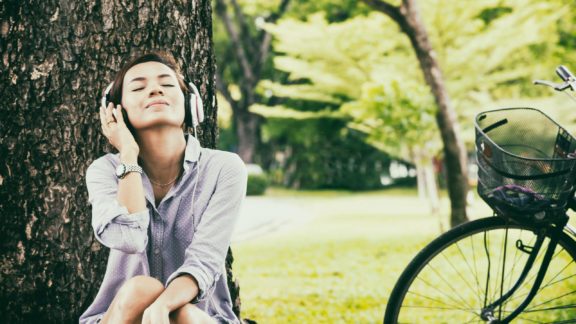In this series, we look at different ways of getting the creative juices flowing. This time, we focus on techniques for maximizing productivity by looking at the start of each day. With the right approach, you can create morning rituals that spark creativity and nurture our physical, emotional, and mental well-being.
Some people are early birds, and others are night owls. Regardless of your preference, the morning is key to setting the tone for the rest of your day. According to life coaches, motivational speakers, and successful corporate CEOs, starting your day off right is essential. While it might seem common sense, there is no shortage of interpretations, tips, and tricks to help make your mornings the most productive, fulfilling, and enriching part of the day. So how can we take advantage of the various suggestions and make mornings a part of boosting our creativity throughout the day?
Good morning, good morning, to you.”
Gene Kelly
Singing In the Rain (1952)
Good Morning to You
Waking up is the first part of any morning, and how you sleep or wake up will undoubtedly impact your productivity throughout the day. Experts have determined the critical components for a good night’s sleep, including, for example, a dark, cool room. Another crucial measure of improving your sleep and morning is reducing screen time and “blue light” exposure. Regarding waking up, many people rely on their smart devices as an alarm clock. However, productivity experts have noted that this relationship is problematic. When heading to sleep or waking up, your mobile device should not be the last thing you see before saying goodnight or the first thing when you say good morning.
A mobile device can make or break your morning, and here’s why. When going to sleep, you may be tempted to browse the internet, social media, or check e-mails. These things take your mind out of its natural winding-down process as your body prepares for sleep, including blue light exposure. Waking up to your mobile device as an alarm clock is another dangerous temptation. You may pick up where you left off on social media before heading to bed or start the day by checking your e-mail before even getting out of bed.
Having a mobile-free morning is so important because of how our minds absorb information at the start of the day. According to Jim Kwik, we create a habit based on the dopamine released in our brains by checking our phones first after waking up. Additionally, we are reactive to the first thing we see on our phones and will more likely spend the whole day reacting to people, requests, and interactions instead of responding with a clear head. One way around this conundrum is to establish a mobile-free ritual in the morning.

Drink water
Whether you ascribe to the claims of Japanese water therapy or not, drinking water after waking up in the morning is a great way to start the day. According to the therapy, you should drink room-temperature water to avoid shocking your digestive system. The benefits of starting your day off with water include increasing your brain function, boosting your immune system, speeding up your metabolism, and hydrating your skin and hair. Water also improves the taste of your morning coffee.

Cold showers
While a hot shower in the morning is probably the first thing on many of our minds after waking up, the benefits of a cold shower are innumerable. Waking up is hard, but cold showers are here to help. They increase oxygen intake, heart rate, and alertness, as well as increase circulation. Cold showers can also improve weight loss. Despite these benefits, you may not want to start your morning with an ice-cold shower. Alternatively, you could start your shower hot and finish cold by turning off the hot water slowly. This practice may eventually help build up the tolerance and motivation to enjoy a cold shower to get your morning off to a brisk start.

Coffee and tea
Perhaps an essential element to anyone’s morning, coffee or tea occupies a special place in our daily routines. Coffee and tea often contain caffeine, which helps us feel more alert and awake. Caffeine also helps improve our moods and brain function. There are various health benefits to coffee and tea. However, you should avoid consuming either of these beverages on an empty stomach. Most experts point to water as the best liquid to drink in the morning. Sipping your coffee or tea with breakfast is the recipe for a productive and healthy morning.

Introducing a ritual: The Rule of Five
Introducing a ritual or forming a habit often sounds like a daunting task. However, research has indicated vital elements and figures that enable the creation of new practices and the breaking of old habits. One example of how long it takes for something to become a habit comes from Nike. For Nike, after collecting massive amounts of information on various runners, that number is five. Runners utilized an app called Nike+ to record their data and keep track of their running schedules. For most runners who want to commit to running every day, uploading a few runs here or there will not lead to a change in behavior. However, their data found that runners who input five or more runs are more likely to continue running. Thus, establishing a routine would take at least one week, Monday through Friday, and practicing a morning routine for it to become an everyday fixture.
When you rise in the morning, think of what a privilege it is to be alive—to breathe, to think, to enjoy, to love.”
Marcus Aurelius
Consistency is key to forming any life-changing habit. Waking up regularly at the same time is only as effective as going to bed at the same time. A steady sleep schedule can program your brain to release the necessary hormones to make falling asleep and waking up much more effortless. Mel Robbins recommends the “5 Second Rule” to get yourself out of bed for those who always hit the snooze button. The “5 Second Rule” is as simple as it sounds when it comes to morning rituals: counting down from five and getting going. Once you’ve gotten out of bed, the next question is how to spend your morning.
Establishing Your Ritual
Though it may seem like an exaggeration, whatever happens in the morning will last with you throughout your day. It is vital to fill the first hour of the day with critical elements to support yourself physically, mentally, and emotionally. Some may be familiar with the so-called “5 A.M. Club,” which suggests something similar. While getting up six to seven times a week at five o’clock, the 5 A.M. Club begins with something physical—for example, running or yoga—for twenty minutes. After those twenty minutes, another twenty should be dedicated to your education, perhaps reading a book or an article related to your profession. Finally, the last twenty minutes are for reflection. This final part of the first hour of your day is a moment to reflect on short, intermediate, and long-term goals.
The concept of the 5 A.M. Club is undoubtedly powerful, although you do not necessarily need to wake up at 5 A.M. to partake in its benefits. Jim Kwik notes that part of his morning involves twenty minutes of meditation, a glass of water, and time to plan his day. He focuses on three personal and business goals daily to orient his thinking. Part of this planning is to avoid decision fatigue. Decision fatigue is a lack of energy to make good, well-thought decisions. Avoid decision fatigue by planning your day first thing in the morning, allowing you to pay more attention to the things that come to you throughout the day without being overwhelmed and reactive.
Creating a habit or morning routine will always bring about similar challenges, and consistent repetition can eliminate them. However, when repetition is not enough, here are helpful tips on habit formation to get your practice off the ground:
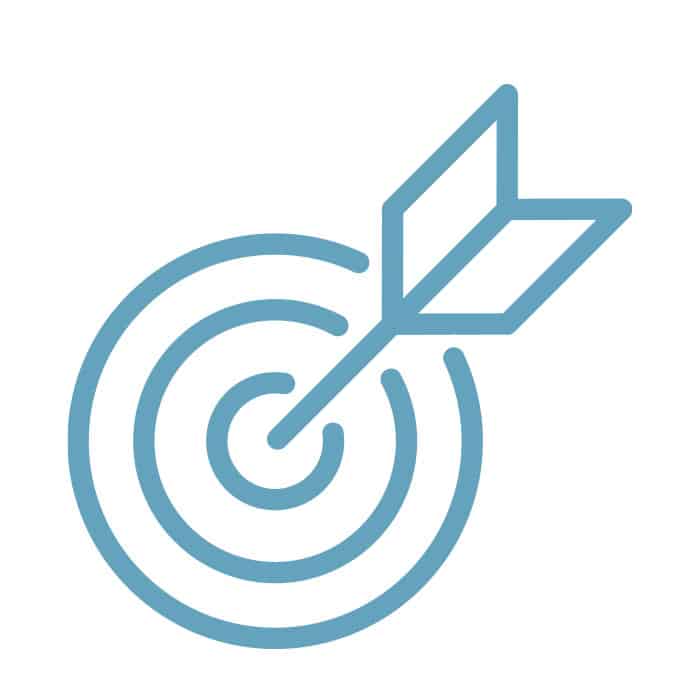
1. SET A GOAL:
when setting a routine for the morning or establishing any habit, make sure you have a specific goal in mind—for example, stretch for 20 minutes a day.
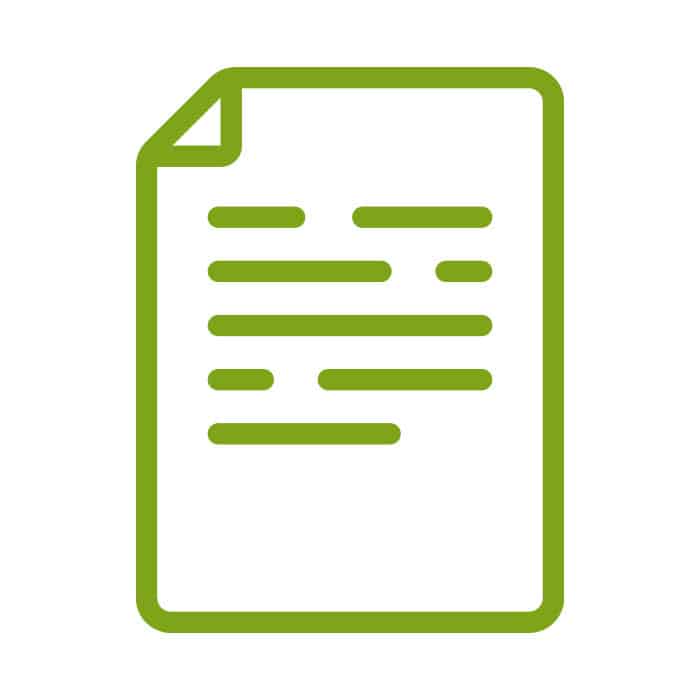
2. CREATE A SCHEDULE:
now that you’ve set your goal, implement it into your day by finding the time where you can regularly practice your routine. In the case of morning routines, this will usually happen right after you wake up, but be sure to plan precisely what time these activities will take place after your alarm goes off.

3. MAKE IT ENJOYABLE:
although self-motivation may be vital to establishing a routine, it may not be enough. To solve this, you can combine your goal with a bit of indulgence or turn the activity itself into something more enjoyable—perhaps combing a workout with music or your favorite podcast.
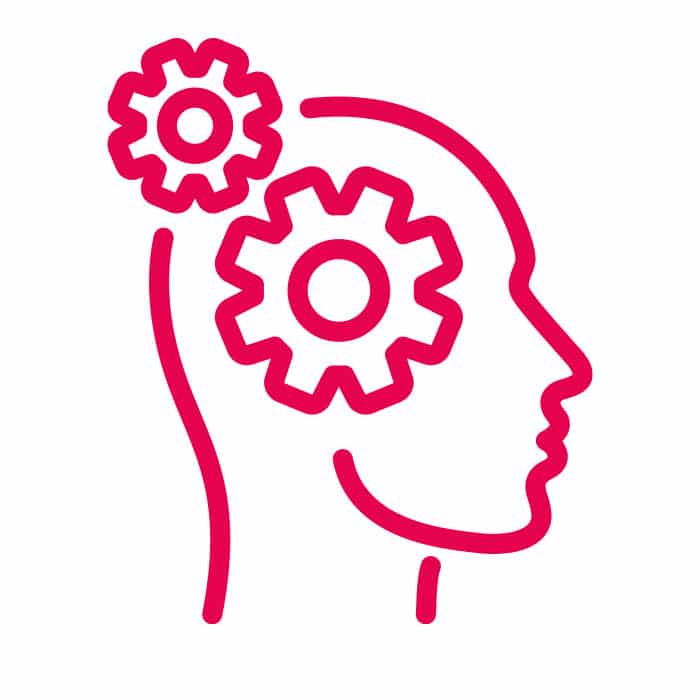
4. BE FLEXIBLE:
establishing a new routine may take trial and error to find the best timing for your morning. You may need to vary your goal, perhaps shifting the order of physical and mental activities. Be flexible and forgiving as you establish your routine to avoid getting discouraged.
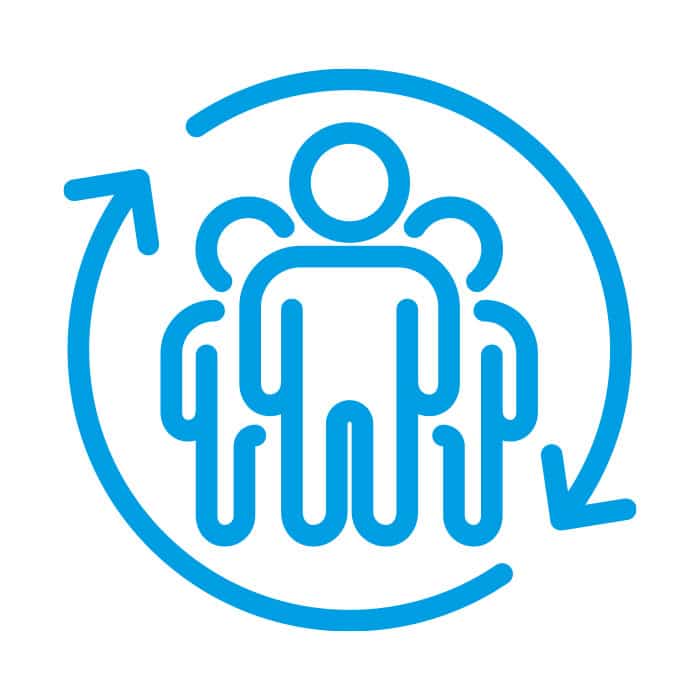
5. BE SOCIAL:
when establishing a morning routine, let people in on your practice and use them as support. For anyone trying to wake up earlier in the morning, seeking help from those who see you during the first part of your day can ensure that they keep you motivated as your new routine becomes established.
Your Morning To Go
Establishing these rituals can set the tone for the rest of your day, making room for creative activities. Whether you divide and establish your routine is up to you—perhaps starting your day with meditation, stretching, and journaling—your mind and body will benefit from this consistent practice. Additionally, this practice will show immediate benefits in your productivity, as inspiration and creativity arrive easier with a clear mind and a fresh start. So, while looking for ways to boost your creativity, we say “good morning” to you.
